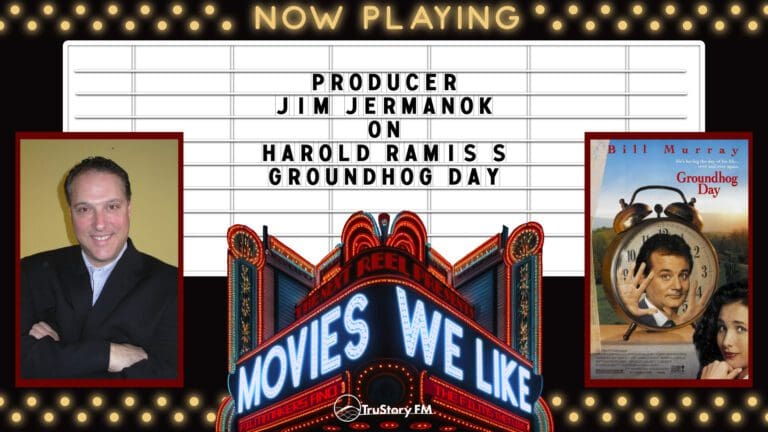
Producer Jim Jermanok on Groundhog Day
This month on Movies We Like, writer, producer, director, and former agent Jim Jermanok (Passionada, Homophonia) joins us to talk about one of his favorite movies, Harold Ramis’ 1993 film Groundhog Day.
With over 25 years of experience in film, television, and commercial production, Andy has cultivated an enduring passion for storytelling in all its forms. His enthusiasm for the craft began in his youth when he and his friends started making their own movies in grade school. After studying film at the University of Colorado Boulder, Andy wrote, directed, and produced several short films while also producing indie features like Netherbeast Incorporated and Ambush at Dark Canyon.
Andy has been on the production team for award-winning documentaries such as The Imposter and The Joe Show, as well as TV shows like Investigation Discovery’s Deadly Dentists and Nat Geo’s Inside the Hunt for the Boston Bombers. Over a decade ago, he started podcasting with Pete and immediately embraced the medium. Now, as a partner at TruStory FM, Andy looks forward to more storytelling through their wide variety of shows.
Throughout his career, Andy has passed on his knowledge by teaching young minds the crafts of screenwriting, producing, editing, and podcasting.
Outside of work, Andy is a family man who enjoys a good martini, a cold beer, a nice cup o’ joe. And always, of course, a great movie.
🌐 Andy Nelson on IMDb
🌐 Connect with Andy on Letterboxd
🌐 Connect with Andy on Instagram
🌐 Connect with Andy on Facebook
🌐 Connect with Andy on LinkedIn
Andy has hosted as well as been a panelist on a number of episodes.
This page features episodes on which he has been a host.
See episodes where Andy has been a panelist right here.


This month on Movies We Like, writer, producer, director, and former agent Jim Jermanok (Passionada, Homophonia) joins us to talk about one of his favorite movies, Harold Ramis’ 1993 film Groundhog Day.
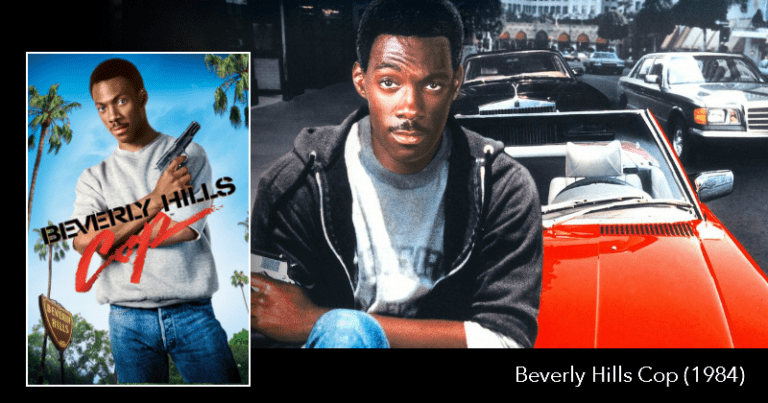
Eddie Murphy proved his big screen comedy prowess with Dan Aykroyd in Trading Places but the studio was still concerned about him helming a movie by himself. Luckily, Don Simpson and Jerry Bruckheimer believed in him and ended up convincing Paramount that he could do it, bringing him on board Beverly Hills Cop after Sylvester Stallone stepped out. And the rest is cinematic history – the movie broke records left and right and firmly established Murphy as a full-fledged movie star. Join us – Pete Wright and Andy Nelson – as we continue our Eddie Murphy series with Martin Brest’s 1984 film Beverly Hills Cop.
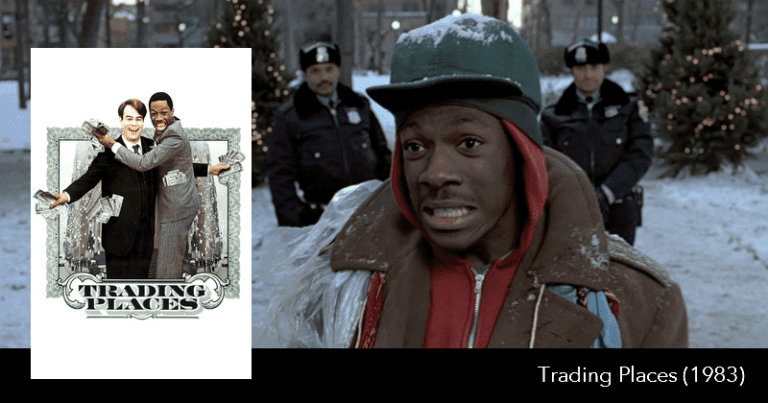
Eddie Murphy may have been a name on “Saturday Night Live” but he wasn’t a film star. Luckily, when John Landis wanted to cast him as Billy Ray Valentine in Trading Places, Murphy had just appeared in 48 Hrs., proving he had the charisma for the big screen. Without that success, Paramount Pictures was unconvinced. But it worked out and young Murphy became box office gold. Join us – Pete Wright and Andy Nelson – as we kick off 2017 with a series celebrating several of Murphy’s 80s classic starting with Landis’ 1983 film Trading Places.
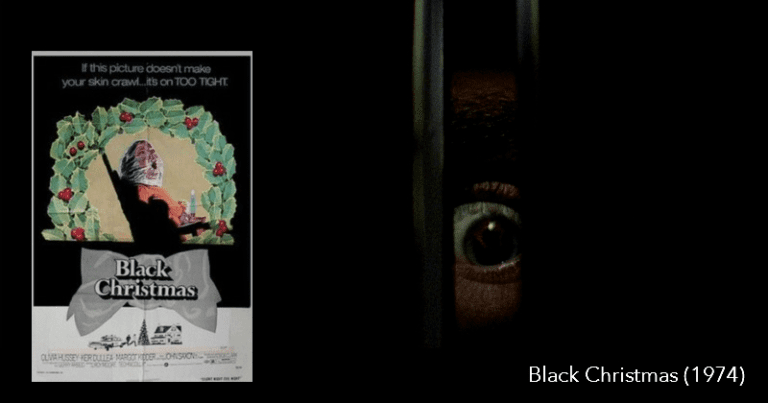
Bob Clark may be best known for directing his Christmas classic, 1983’s A Christmas Story, but many people don’t know that he got his start in horror like so many other filmmakers, and that one of his first horror films was another Christmas story — Black Christmas. What’s so refreshing about watching this 1974 film is that it’s a slasher film that doesn’t feel as base as so many others that followed suit, but more importantly that it adopted the first person POV shot for the killer. Join us – Pete Wright and Andy Nelson – as we discuss this year’s holiday film, Clark’s ‘74 film Black Christmas.
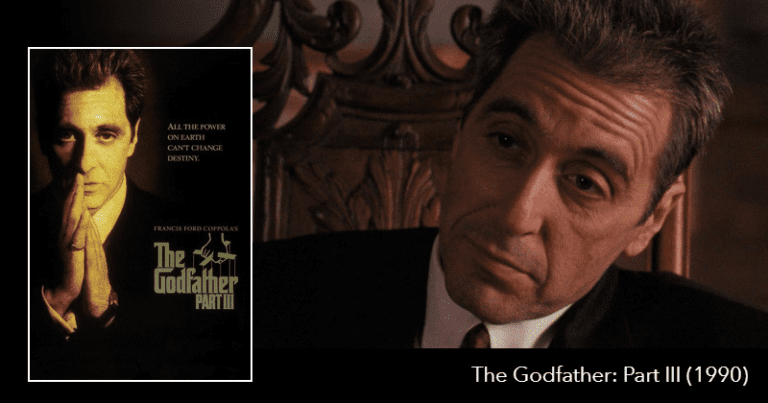
It was billed the most anticipated film of the decade, yet Francis Ford Coppola had spent that entire decade turning down requests to make it. It was only his failing finances that finally drove Coppola to accept the job of writing and directing The Godfather Part III, and for a lot of people, they probably wish he never bothered. But whatever issues they may have had getting it made, it was the casting of a key role with his own daughter Sofia that created ridiculous vitriol and hatred aimed for the writer/director. This element also ended up being a huge part of the reviews when the film finally came out. But did the film deserve this? Join us – Andy Nelson and Pete Wright – as we wrap up our Godfather trilogy series with Coppola’s epilogue to the Michael Corleone story, 1990’s The Godfather Part III.
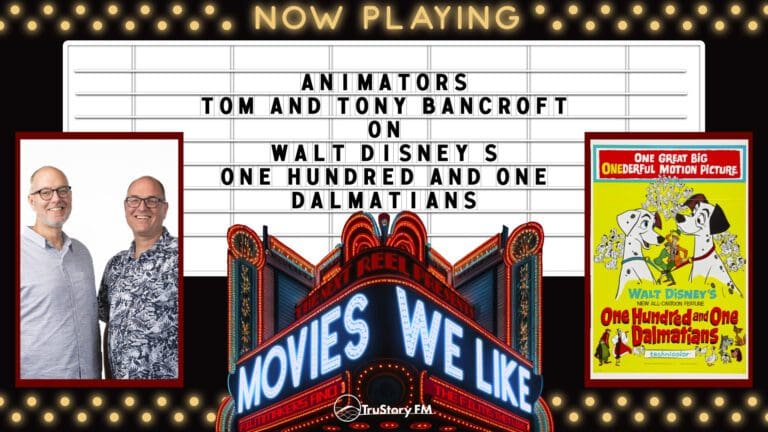
Movies We Like is our ongoing series in which we invite an industry guest to join us and bring along one of their favorite movies to talk about. In this month’s episode, we’re honored to have two guests join us to discuss one of their favorite films – it’s the Bancroft Brothers! That’s right, twin brothers Tom and Tony Bancroft, both of whom are animators, are here to chat about Disney’s 1961 classic One Hundred and One Dalmatians.
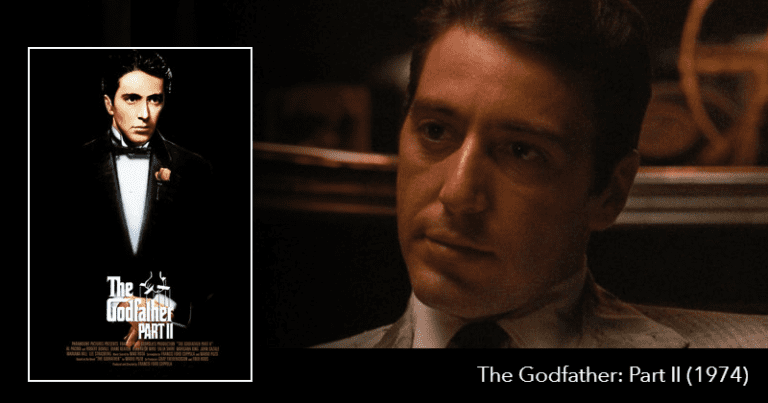
While The Godfather Part II didn’t perform nearly as well as its predecessor at the box office, Francis Ford Coppola’s sequel certainly made its money back and, more importantly, has gone on to become a film that’s often cited as one of the greatest films ever made. It even has its contingency of fans who feel it’s the stronger film of the pair. But Coppola went into it not really that excited by the prospect of making a sequel and really only jumped on board because of an idea he had that would blend the storylines of a father and of a son. Join us – Andy Nelson and Pete Wright – as we continue our Godfather trilogy series with Coppola’s 1974 film The Godfather Part II.
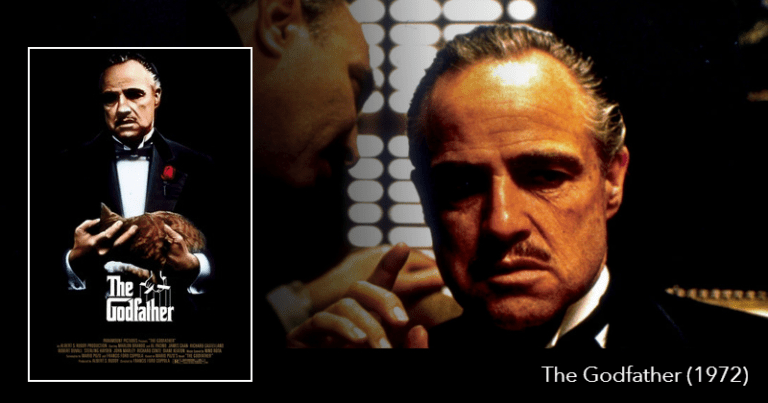
It was never a movie that was meant to be as big as it became. Robert Evans, Paramount head at the time, thought it would be a fun mobster movie designed to make a quick buck, capitalizing on the recent novel “The Godfather” by Mario Puzo. But Francis Ford Coppola saw something in Puzo’s novel; he saw a family chronicle that was a metaphor for capitalism in America. He saw a crime epic. And he set out to make that version of the book. In the end, despite the fights with the studio that he had while making it, he stuck to his guns and The Godfather still stands as arguably one of the greatest films of all time. Join us – Pete Wright and Andy Nelson – as we kick off our Godfather trilogy with the movie that started it all, Coppola’s 1972 film The Godfather.
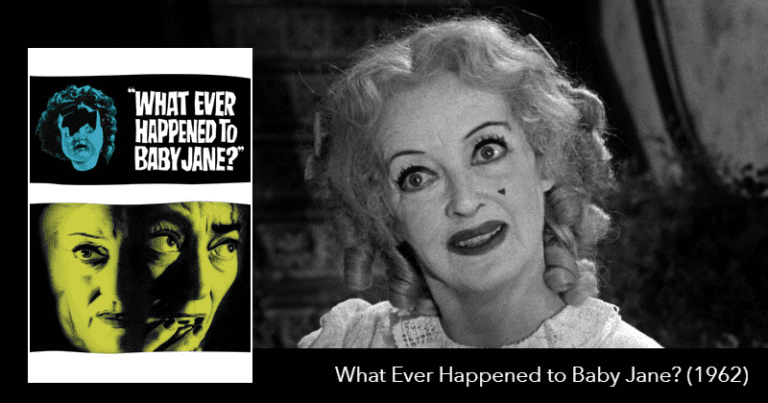
The animosity between Bette Davis and Joan Crawford almost seems the stuff of legend. Looking back from today, it’s hard to say how much there really was or if it was all conjured up by the studios and the press. But after hearing stories of the two and how things went after they collaborated on What Ever Happened to Baby Jane?, it’s clear that there really was a… competitive nature, let’s just say, between the two women. Join us – Pete Wright and Andy Nelson – as we wrap up our Bette Davis series with Robert Aldrich’s 1962 film What Ever Happened to Baby Jane?.
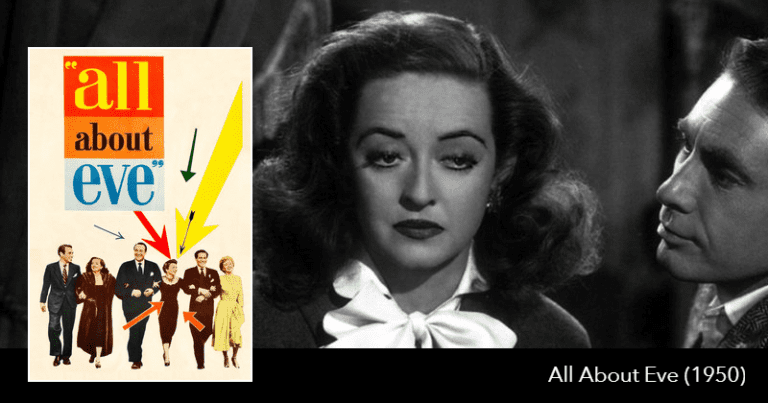
Bette Davis was on a streak of flops and just lost her contract with Warner Bros. when Joseph L. Mankiewicz offered her the role of Margo Channing in his new film All About Eve. She immediately saw it for what it was: an incredible role for a woman of her age in an incredible script. She leapt at the chance. It’s safe to say that by doing so, she created one of her most iconic performances in a film that’s gone on to be praised as one of the greatest of all time. Join us – Pete Wright and Andy Nelson – as we continue our Bette Davis series with Mankiewicz’s 1950 film All About Eve.